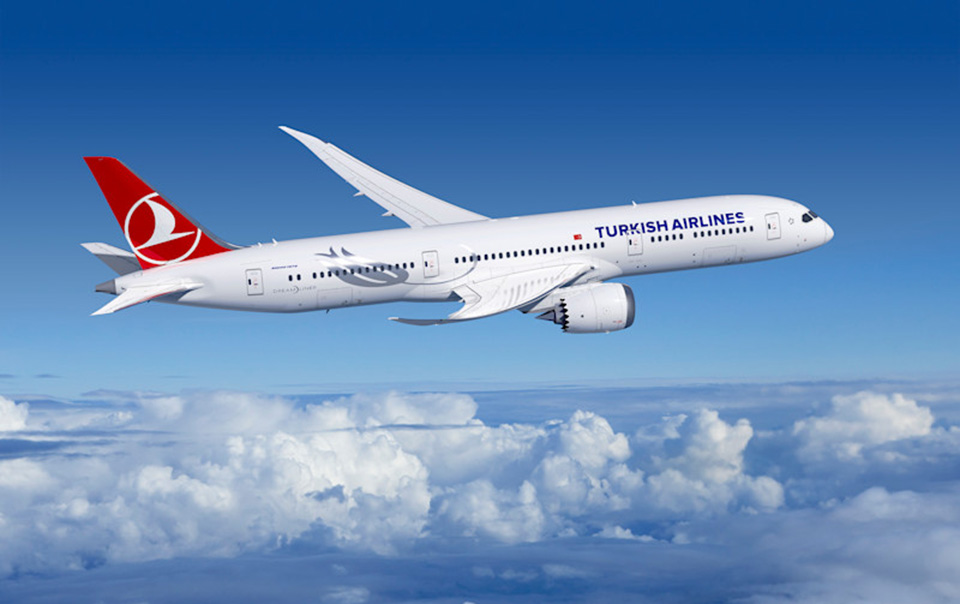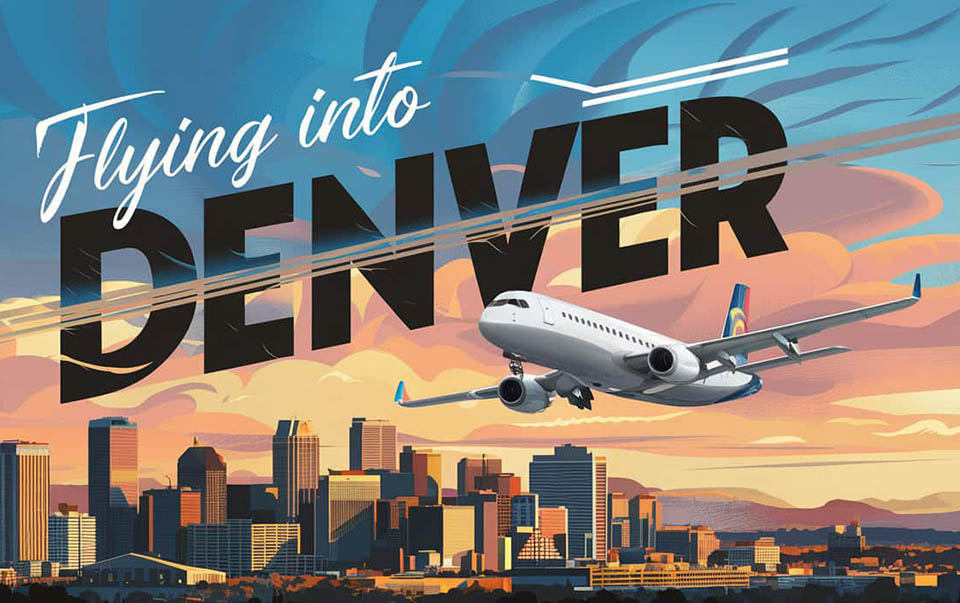Traveling to Dallas, Texas, is an exciting experience filled with culture, history, sports, art, and vibrant neighborhoods waiting to be explored. But before you enjoy the city’s rich offerings, the very first step of your adventure often sets the tone: booking your flight. For many travelers, securing the right airfare is a balancing act between convenience, budget, and comfort. The process can be overwhelming with so many airlines, search engines, and fluctuating prices, but with the right strategies, it becomes not just manageable but stress-free.
This guide dives deep into practical hacks for booking your flights to Dallas. Whether you’re a solo traveler, a family, or a business professional, these tips will help you save money, avoid unnecessary hassle, and enjoy peace of mind long before your plane takes off.

1. Timing Is Everything
The timing of your booking is one of the most important factors in securing a good deal. Airlines use dynamic pricing models, meaning ticket prices fluctuate constantly based on demand, season, and how far in advance you’re booking.
- Book in the “sweet spot.” For domestic flights within the U.S., the best window for booking is typically 1–3 months in advance. For international routes to Dallas, you’ll often find the lowest fares between 3–6 months ahead.
- Avoid last-minute bookings. While some believe airlines drop fares at the last minute, this rarely happens anymore. Waiting until the final days before your trip usually means paying a premium.
- Midweek advantage. Many travelers find lower prices when booking on Tuesdays or Wednesdays, as airlines often release fare sales early in the week.
Pro tip: Use flight tracking tools to monitor fare trends over time so you know the right moment to lock in your ticket.
2. Compare Across Multiple Platforms
Never rely on a single website or airline portal. Prices can vary significantly across booking platforms.
- Flight comparison sites like Skyscanner, Google Flights, or Kayak are excellent for quickly comparing fares across dozens of airlines.
- Set alerts for your preferred routes, and let the system notify you when prices drop.
- Check directly with airlines. Sometimes airlines offer exclusive deals on their own websites, particularly for loyalty program members.
By cross-checking platforms, you’ll avoid overpaying and discover the most flexible options for your travel.
3. Be Flexible With Dates and Times
Flexibility is the secret weapon of savvy travelers. If your schedule allows, adjusting your departure or return dates by even a day or two can unlock major savings.
- Fly midweek. Tuesdays and Wednesdays often have the lowest fares, while weekends and Mondays are typically the most expensive due to business and leisure demand.
- Early morning or red-eye flights. Unpopular flight times tend to be cheaper and often less crowded, meaning a more comfortable journey.
- Holiday patterns. While prices usually spike around holidays, flying the day of a holiday itself (e.g., Thanksgiving morning or Christmas Day) can sometimes be surprisingly affordable.
When searching, always select the “flexible dates” option if available. A broader search can reveal opportunities you hadn’t considered.
4. Use Points, Miles, and Rewards Programs
If you travel frequently—or even just once or twice a year—joining a frequent flyer program can pay off.
- Sign up for airline loyalty programs. Even if you don’t fly often, points accumulate quickly through flights, credit card partnerships, or promotional offers.
- Consider travel credit cards. Many cards offer large sign-up bonuses worth a free round-trip ticket or more, plus perks like free checked bags or priority boarding.
- Mix and match. Some platforms allow you to combine points from different airlines or transfer credit card points to your preferred airline.
By leveraging rewards, you can reduce flight costs significantly or upgrade your travel experience without paying full price.
5. Watch Out for Hidden Fees
Airline tickets don’t always tell the full story. A seemingly cheap fare can become expensive once add-ons and fees are included.
- Checked baggage fees. Low-cost carriers may offer lower base fares but charge for every piece of luggage. Compare total costs, not just ticket prices.
- Seat selection. If sitting with your travel companion is important, factor in seat assignment fees.
- Change and cancellation policies. Flexible tickets may cost more upfront but can save you hundreds if your plans change.
Always read the fine print and calculate the true cost of your journey before hitting “book.”
6. Explore Alternative Airports
Dallas is served primarily by two major airports: Dallas/Fort Worth International Airport (DFW) and Dallas Love Field (DAL). Each has its advantages, and sometimes choosing one over the other can lead to cheaper fares.
- DFW International Airport: One of the busiest in the world, with extensive domestic and international connections. Ideal for long-haul flights.
- Love Field (DAL): Smaller and closer to downtown, primarily served by Southwest Airlines. Often more convenient for domestic travelers.
Check flights into both airports when searching. A small change in arrival airport could save you money or shorten your ground transportation time.

7. Use Incognito Mode When Searching
Airlines and booking platforms use cookies to track your search history. If you repeatedly check the same route, you might see prices increase artificially.
- Search in incognito/private browsing mode to avoid inflated prices.
- Clear cookies or use a different device for fresh searches.
- Use multiple browsers. Sometimes Chrome, Safari, or Firefox can display slightly different results.
This simple trick ensures you’re seeing the most accurate fares available.
8. Bundle Flights With Accommodation or Car Rentals
Some platforms offer discounts when you book a flight along with a hotel or car rental. While it’s not always cheaper, it’s worth checking.
- Vacation packages on sites like Expedia or Priceline sometimes undercut booking each item separately.
- Airline bundles. Carriers like American Airlines or Delta offer flight-plus-hotel deals, especially if you’re staying in Dallas for multiple nights.
- Loyalty perks. Bundling with the same provider often earns extra reward points.
Always calculate whether the bundle truly saves money compared to booking each component individually.
9. Double-Check Travel Insurance
While optional, travel insurance can protect your investment in case of cancellations, delays, or emergencies. Some credit cards already include limited coverage if you pay for your flight with them, so review what’s already provided before purchasing separately.
Look for insurance that covers:
- Flight cancellations or delays
- Lost or delayed baggage
- Emergency medical assistance
Even if you never use it, the peace of mind can make your trip far less stressful.
10. Keep an Eye on Refund and Credit Policies
Airlines have adjusted their policies in recent years, often offering more flexibility. However, not all fares are equal.
- Basic economy tickets may be cheaper but often come with strict no-refund or no-change policies.
- Standard or flexible fares cost more but allow changes or credits toward future flights.
- Airline credits. If your plans shift, many airlines now provide credits rather than outright refunds. Know the expiration dates and restrictions.
Understanding these details upfront prevents headaches if something unexpected happens.
11. Check for Stopovers vs. Direct Flights
Nonstop flights are more convenient but usually pricier. If you’re open to stopovers, you may unlock major savings.
- Weigh cost vs. time. A layover might save $150 but add 5 hours to your trip—decide if the trade-off is worth it.
- Consider comfort. If traveling with kids, a layover may break up the journey. On the other hand, business travelers may prefer nonstop options to save time.
- Hub airports. Some airlines funnel flights through hubs like Atlanta or Chicago, often leading to cheaper fares if you don’t mind a connection.
Finding the right balance ensures your trip is both economical and practical.
12. Sign Up for Fare Alerts and Newsletters
Sometimes the best deals never make it to booking platforms—they’re sent directly to subscribers.
- Airline newsletters often include flash sales and exclusive promotions.
- Fare alert websites like Scott’s Cheap Flights or Airfarewatchdog notify you of sudden price drops.
- Social media deals. Following airlines on Twitter or Instagram can give you real-time access to promotions.
By staying connected, you’ll be first in line for bargains.
13. Consider Multi-City Tickets
If Dallas is part of a larger itinerary, booking multi-city flights can be cheaper than separate one-way tickets.
- Open-jaw tickets (flying into Dallas and out of another city, or vice versa) may reduce costs.
- Stopover programs. Some airlines allow free or discounted stopovers in their hub cities, adding extra destinations without raising the fare significantly.
- Custom itineraries. Advanced travelers can save hundreds by piecing together creative routes.
This approach is especially useful if your Dallas trip is just one leg of a broader adventure.
14. Final Checklist Before Booking
Before you hit confirm, pause and review:
- Are you flying into the right Dallas airport for your needs?
- Have you accounted for baggage fees and add-ons?
- Did you check multiple platforms and flexible dates?
- Do you have cancellation or change flexibility if plans shift?
- Are you earning points or miles from your booking?
Taking a few extra minutes to double-check prevents costly mistakes.
Stress-Free Dallas Travel Starts With Smart Booking
Booking your flight to Dallas doesn’t need to be a stressful guessing game. By understanding fare patterns, comparing across platforms, leveraging rewards, and staying mindful of hidden costs, you can secure the best deal with confidence. Flexibility, preparation, and smart tools are the keys to transforming the process from a chore into a smooth first step in your journey.
When you finally arrive in Dallas, you’ll know that the trip began not at the airport but at the very moment you booked your ticket with clarity and ease. Instead of worrying about missed opportunities or overspending, you’ll be free to focus on what matters most: enjoying the incredible experiences waiting for you in one of Texas’s most dynamic cities.




